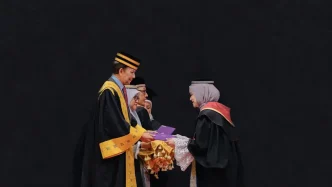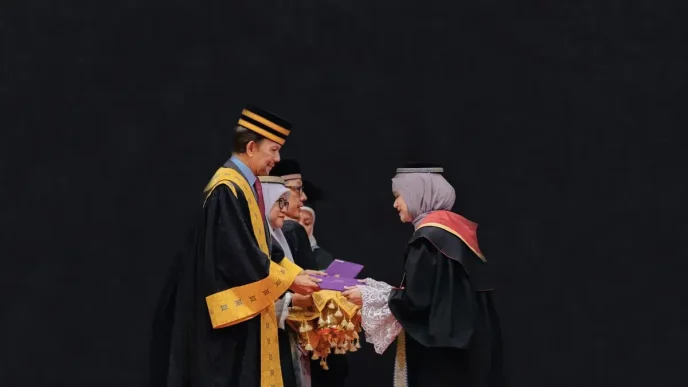In a case that has sent shockwaves through Singapore’s education system, a former secondary school teacher has been sentenced to nine months in jail for predatory behavior targeting three teenage girls in 2021. The 33-year-old man, whose identity is protected under a gag order to shield the victims, pleaded guilty to four charges under the Children and Young Persons Act on August 11. The incident has raised serious concerns about the safety of students and the potential misuse of social media by authority figures in educational settings.
A Breach of Trust
The court heard harrowing details of how the former teacher exploited his position to contact teenage girls, using social media platforms to send inappropriate messages and propose sexual encounters. Two of the victims, aged 16 and 17 at the time, were former students who rejected his advances and reported his behavior to authorities. Their swift actions helped bring the case to light, exposing a pattern of predatory conduct.
In the most severe incident, the man arranged to meet a 15-year-old current student at a hotel, where he made unwanted sexual advances. He ceased only when the girl visibly expressed discomfort. The psychological toll on the victims has been profound. Deputy Public Prosecutor Bryan Wong highlighted the lasting impact on one of the girls, stating that she now struggles with relationships and academic performance, requiring medical leave and sleeping medication. Wong emphasized the severity of the trauma, noting that the incident has “severely impacted her ability to study and will have lasting ramifications on her prospects.”
Systemic Concerns and Official Response
The case has sparked a broader conversation about the safety mechanisms in place within Singapore’s education system. The Ministry of Education confirmed that the man ceased working as a teacher in March 2022, though it remains unclear whether additional preventive measures have been implemented since the incident came to light. The episode underscores the vulnerability of students in environments where trust and authority are paramount, and it raises questions about how schools monitor interactions between staff and students, particularly on unregulated platforms like social media.
Singapore, known for its rigorous education system and high standards of public safety, prides itself on maintaining a secure environment for its youth. However, cases like this reveal potential gaps in oversight. The use of social media as a tool for inappropriate contact is a growing concern globally, and this incident highlights the need for stricter guidelines and digital literacy programs to protect students from online predation. While the city-state has robust legal frameworks like the Children and Young Persons Act to address such offenses, the emotional and psychological damage to victims often extends far beyond the courtroom.
Lasting Impact on Victims
The personal toll on the victims cannot be overstated. The trauma of being targeted by a trusted authority figure can have lifelong consequences, affecting mental health, academic achievement, and social relationships. The court’s acknowledgment of these impacts reflects a growing recognition of the need to prioritize victim support alongside punitive measures. Counseling services and educational accommodations may help mitigate some of the damage, but for many survivors of such experiences, the road to recovery is long and challenging.
As the former teacher prepares to begin his jail term on September 1, the case serves as a stark reminder of the responsibility educators bear in safeguarding their students. It also prompts a critical examination of how schools and authorities can better prevent such breaches of trust in the future. With social media continuing to blur the lines between personal and professional interactions, the onus is on institutions to adapt and strengthen their protective measures.
As Singapore grapples with this troubling incident, the hope is that it will catalyze meaningful reforms to ensure no student faces such exploitation again.















